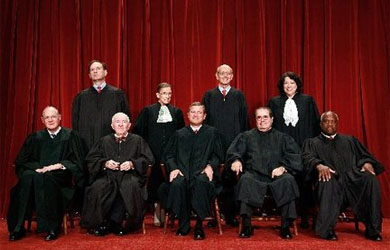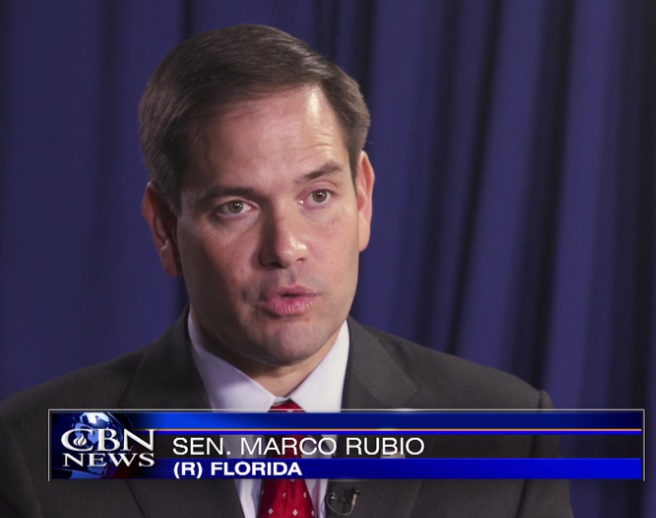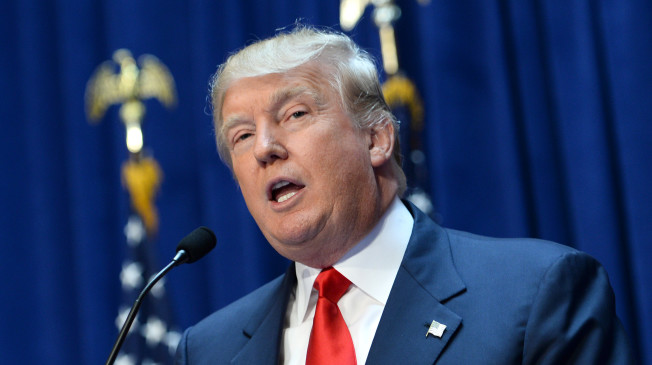Hans von Spakovsky, a senior fellow at the conservative Heritage Foundation and a former George W. Bush administration Justice Department official, said last week that the Supreme Court should count the late Justice Antonin Scalia’s votes on pending cases in which the justices have already cast preliminary votes.
Von Spakovsky mentioned in particular Friedrichs v. California Teachers Association, a case that would deal a blow to unions and in which Scalia was likely on the anti-union side.
In an interview with American Family Radio’s Sandy Rios on February 15, von Spakovsky said that Chief Justice John Roberts has “an absolute obligation” to count Scalia’s vote in Friedrichs and other cases in which justices have already held conferences.
“After oral arguments before the court, the justices leave the courtroom and they go to a conference room in the Supreme Court building and they take a vote,” he said. “So that’s the point at which they know how a case is going to be decided and the chief justice then makes assignments of who will write the majority opinion and etc. I think the chief justice has an absolute obligation to give credit to Scalia’s vote in those cases that have already been decided, even if he didn’t write his opinion yet, because they know how he would have voted.”
“So on particular cases like the Friedrichs case … that case was argued on January 11, so they know how Justice Scalia cast his vote in that case and I think the chief justice should give credit to it,” he said.
Von Spakovsky is correct that justices cast votes in a private conference after hearing cases … but those votes sometimes change as the justices work on their opinions. Shortly after Scalia’s death, veteran Supreme Court attorney Roy Englert told ABC that the “vote of a deceased justices does not count.”
We can’t help but point out the irony that von Spakovsky has been one of the primary drivers of the myth that massive voter fraud requires suppressive laws that make it harder to vote. One of the voter-fraud specters he has raised is that of people casting votes on behalf of people who have died.







